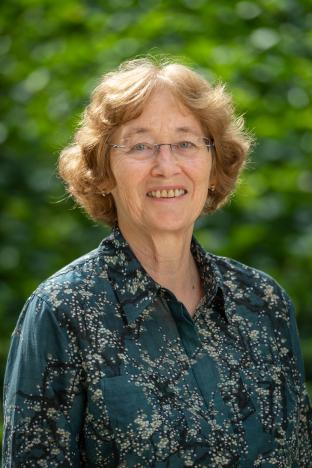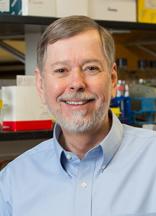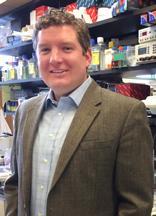Complex traits such as height, body mass index (BMI) among others and diseases such as type 2 diabetes, psychological disorders etc. are influenced by a multitude of genetic and environmental factors. Understanding these factors is critical in designing therapeutics, which can be catered to patients depending on their genetic background through novel precision medicine initiatives. Our faculty members are working to understand the genetic basis of complex disease using diverse and innovative computational approaches and experimental assays.
A major focus of our research is to identify genetic variations in both the coding and non-coding regions of the genome (Camper, Kitzman, Li, Mills, Parker, Willer). We investigate how these genetic variants impact disease phenotypes in the context of type 2 diabetes (Parker), cardiovascular disease (Willer), psychological disorders (Burmeister, Li, Glover), vascular traits and diseases related to blood clotting (Ginsburg, Ganesh). To better understand disease mechanisms, we first ask how genetic variation affects specific molecular traits such as enhancer transcription (eRNA), gene transcription (mRNA). These studies utilize datasets from human populations (Parker) as well as synthetic populations of the lab mouse (Burke). We are also working to understand how environmental exposures interact with genetic predisposition in modulating the risk of disease (Burmeister, Omenn, Parker). Our faculty are actively involved in highly collaborative projects and large consortia, efficiently analyzing big genomic datasets (Boyle, Li, Mills Parker, Willer).
Another vital aspect of our work is studying the genetics of human cancer pathogenesis and progression. Our research involves understanding cancer pathologies including gene mutations, DNA break repair (Wilson, Glover, Sekiguchi), and various molecular signaling pathways (Carethers, Fearon, Robbins). We are identifying tumor markers for early cancer detection (Carethers, Fearon). We also investigate how differences in expression of various forms of a gene (splice isoforms) influence cancer-related pathways (Omenn).
















